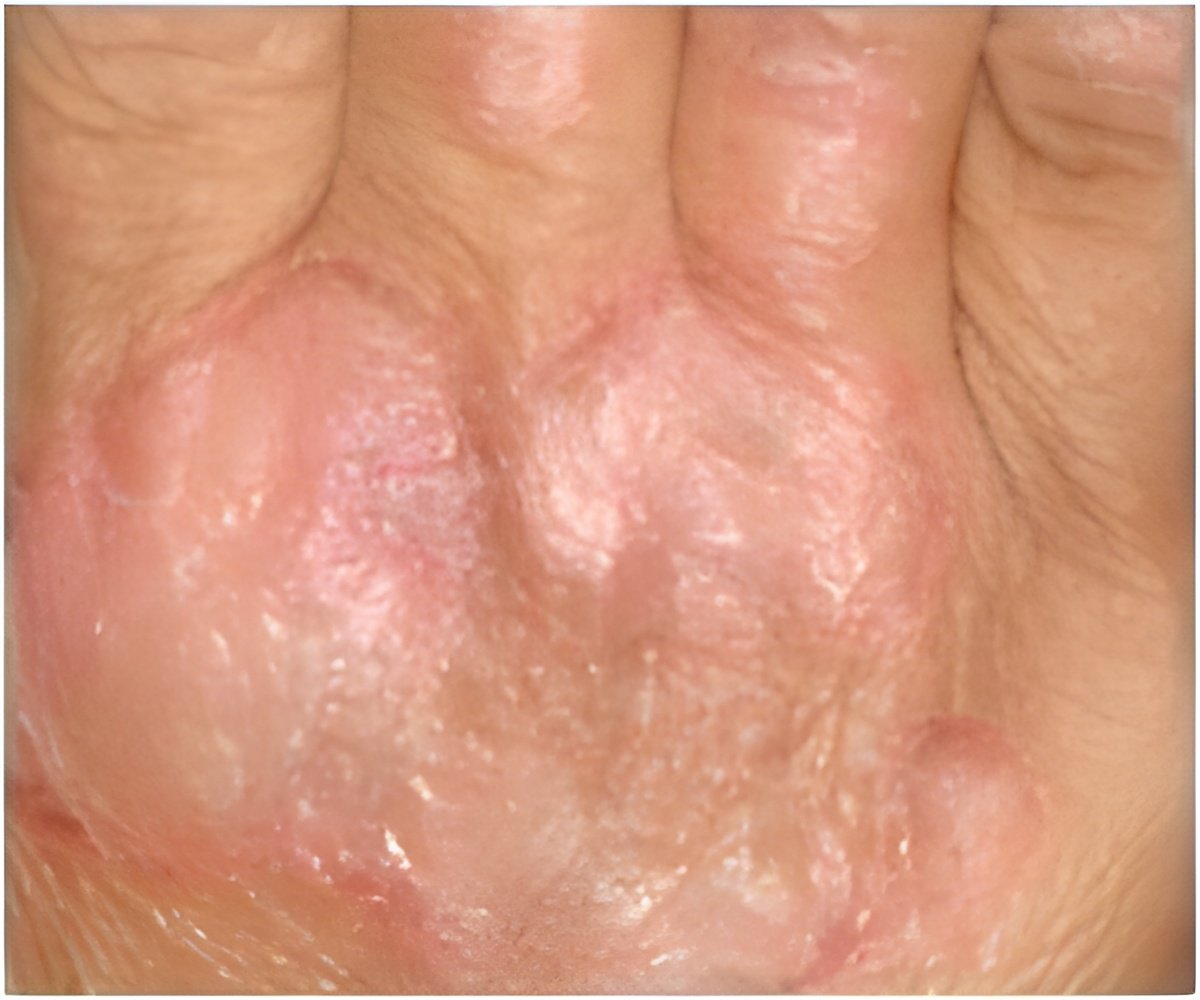Scientists from Sanford-Burnham have discovered T Lymphocyte Attenuator (BTLA) inhibitory receptor as an important factor in limiting inflammatory responses, particularly in the skin.

Until now, scientists knew that gamma-delta T-cells were important for initiating inflammatory responses in the skin, but not how to turn off these potent cells.
"Now, we know that BTLA acts as a critical coordinator for turning T cells off to prevent the immune system from spinning out of control, and helping to rebalance the immune system," said Ware.
The findings could help scientists develop new treatments for inflammatory disorders by targeting BTLA to reduce inflammation, promote homeostasis, and control disease.
How BTLA is regulated
Using a combination of human cells and a mouse model of psoriasis, the research team described a new pathway that regulates BTLA expression. Ware's research showed that the "retinoid-related orphan receptor gamma-t" (ROR gamma-t) nuclear transcription factor works with interleukin (IL)-7, to coordinate the expression of BTLA, which in turn regulates gamma-delta T cell responses to inflammatory stimuli.
Advertisement
In contrast, IL-7 increases the availability of BTLA on the cell surface, reducing the number of active T cells and allowing BTLA to rein in the immune response.
Advertisement
Immune mediated inflammatory diseases (IMIDs)
IMIDs are chronic, often disabling diseases caused by cytokine dysregulation and inflammation. There are over 80 types of IMIDs that target virtually any part of the body, including skin, connective tissue, and respiratory and gastrointestinal systems. Common IMIDs include Crohn's disease, ulcerative colitis, psoriasis, rheumatoid arthritis and lupus. Approximately 5-7% of Western society suffers from an IMID that requires treatment.
Current treatments for IMIDs include corticosteroids, immuno-suppressants and "biologics" that target specific immune signaling molecules. While these therapies are very effective in some patients, many patients have a poor response to these drugs.
"Understanding the mechanisms that control immune responses creates important breakthroughs for researchers developing drugs to treat these chronic diseases. If a drug can selectively activate BTLA, we put the brakes on gamma-delta T-cells and gain control of inflammation, prevent damage, and if possible, achieve long-term disease remission," said Ware.
Source-Eurekalert















